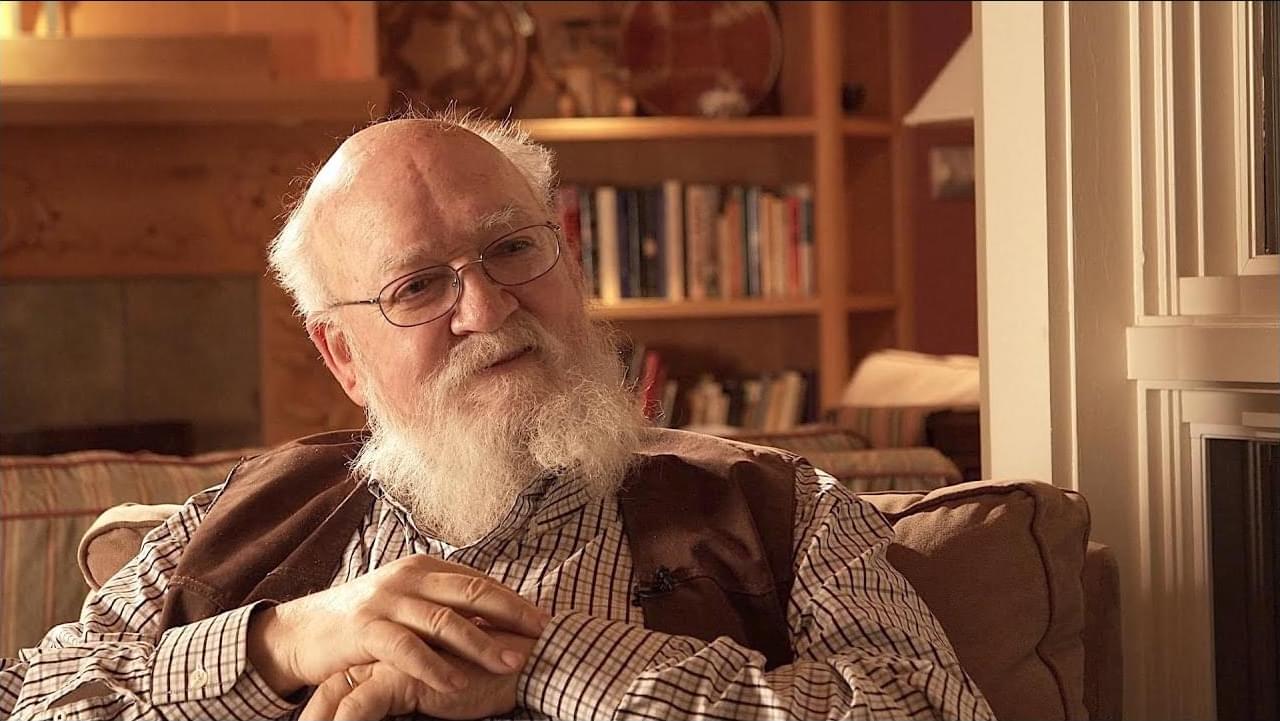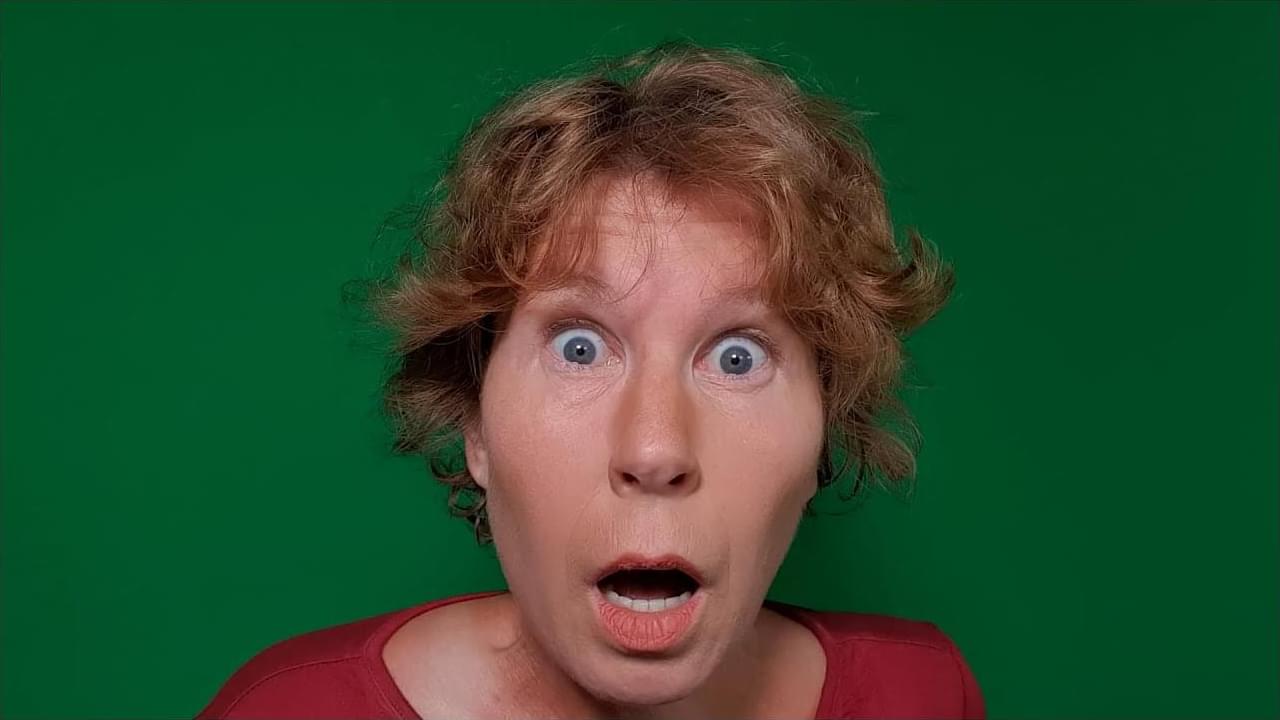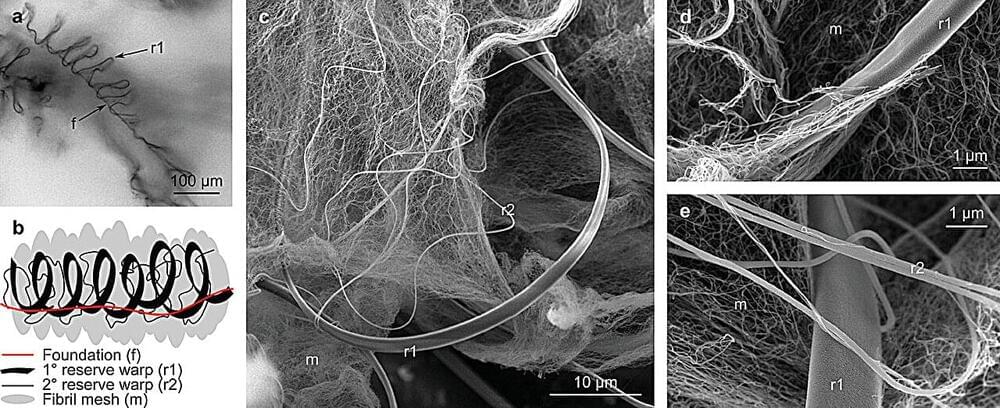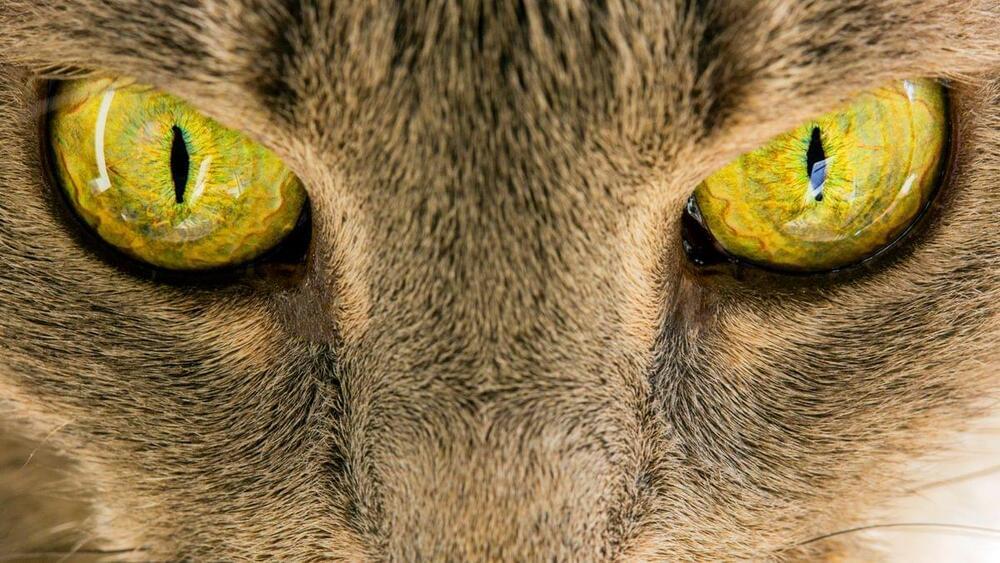Page 25
Oct 31, 2024
Plans must be made for the welfare of sentient AI, animal consciousness researchers argue
Posted by Genevieve Klien in category: robotics/AI
Computer scientists need to grapple with the possibility they will accidentally create sentient artificial intelligence (AI) — and to plan for those systems’ welfare, a new study argues.
The report published Thursday comes from an unusual quarter: specialists in the frontier field of animal consciousness, several of whom were signatories of the New York Declaration on Animal Consciousness.
Oct 31, 2024
Japanese Chip Packaging Giant Kyocera Launches $100 Million AI Startup Funds
Posted by Bruce Burke in categories: robotics/AI, sustainability
Kyocera has unveiled two funds totaling $100 million for startups focused on technologies including artificial intelligence, renewable energy and mobility.
Oct 31, 2024
Daniel Dennett — Consciousness, Qualia and the “Hard Problem”
Posted by Dan Breeden in category: neuroscience

Philosopher Daniel Dennett explains how his functionalist perspective can shed some light on the apparent mystery of conscious experience. Interviewed by Louis Godbout.
(Aria from J.S. Bach’s Goldberg Variations played by Andrew Rangell, Keyboard Masterworks, Steinway \& Sons).
Oct 31, 2024
Quantum Cat Experiment Breaks Record By Surviving For Incredible 1,400 Seconds
Posted by Paul Battista in category: quantum physics
The state could be used for exquisitely sensitive measurements and even to test the Standard Model.
Oct 31, 2024
Nanofibrils study successfully measures strength of spider web ‘super fibers’
Posted by Paul Battista in category: futurism
How small is “small?” Spider silk nanofibrils are just a few molecular layers thick, equivalent to approximately one ten-thousandth the diameter of a human hair. They’re invisible to the naked eye and cannot be seen under an ordinary microscope.
Oct 31, 2024
The Problem With Sabine Hossenfelder
Posted by Dan Breeden in categories: physics, space

Sabine Hossenfelder is a very popular science communicator who focuses largely on topics in physics. Although much of her content is effective and without issue, there is an undercurrent of anti-establishment rhetoric that has grown immensely as of late, and it is an enormous problem. Sabine is a not a charlatan like most of my other targets, and this is not a hit piece, but rather commentary on this aspect of her work and how it came to be. If you are a fan of hers, consider this perspective.
Astronomy/Astrophysics Tutorials: http://bit.ly/ProfDaveAstronomy.
Classical Physics Tutorials: http://bit.ly/ProfDavePhysics1
Modern Physics Tutorials: http://bit.ly/ProfDavePhysics2
Oct 31, 2024
1992, 31 October
Posted by Cecile G. Tamura in categories: chemistry, mathematics, physics
On this day in 1992, the Vatican admitted that Galileo was correct in believing that the earth went around the sun.
2. In the first place, I wish to congratulate the Pontifical Academy of Sciences for having chosen to deal, in its plenary session, with a problem of great importance and great relevance today: the problem of ‘the emergence of complexity in mathematics, physics, chemistry and biology’
The emergence of the subject of complexity probably marks in the history of the natural sciences a stage as important as the stage which bears relation to the name of Galileo, when a univocal model of order seemed to be obvious. Complexity indicates precisely that, in order to account for the rich variety of reality, we must have recourse to a number of different models.
Oct 31, 2024
Liquid metal polymers show potential for enhanced electronics performance
Posted by Genevieve Klien in category: electronics
Effective thermal management is essential to ensuring the performance and lifespan of modern electronics. While polymers are widely used in electronic components, they inherently exhibit poor thermal conductivity, limiting their effectiveness in dissipating heat. To overcome this, researchers have been investigating the potential of integrating highly conductive fillers, such as liquid metals (LM), into polymers.
Oct 31, 2024
Drones could use ‘robotic cat’s eyes’ to track targets more precisely than ever before
Posted by Genevieve Klien in categories: drones, robotics/AI
A new computer vision system inspired by cats’ eyes could enable robots to see the world around them more accurately than ever before.
Robots, drones, self-driving cars and other autonomous systems are becoming more common, but they still struggle to see well in all environments and conditions. For example, self-driving cars perform poorly in rain or fog because these conditions affect the car’s sensors and cameras.
















